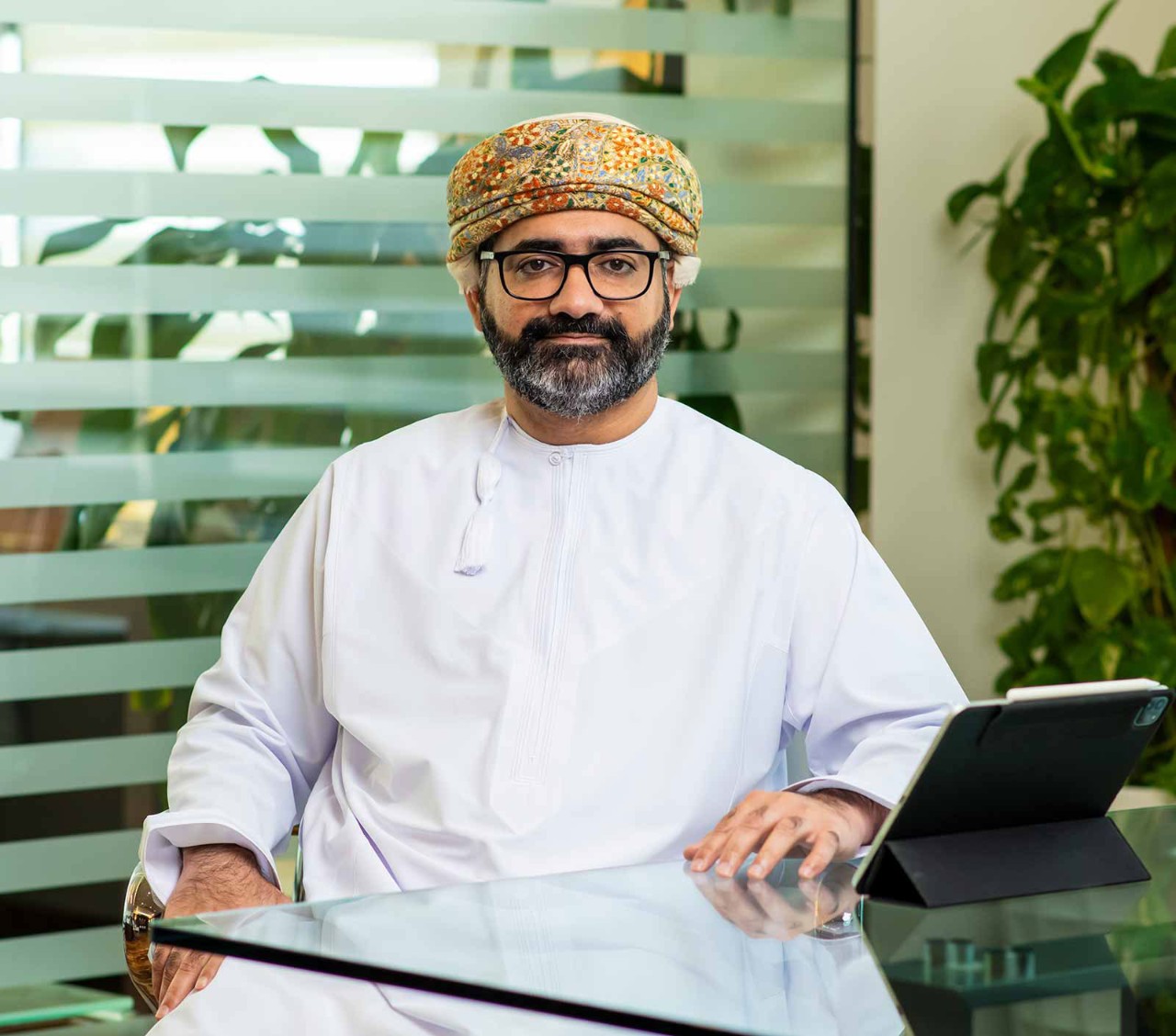
In full swing globally, the post-pandemic tourism recovery is going a step further in the Middle East. While the United Nations agency UN Tourism expects global tourism to return to prepandemic levels this year, the Middle East has already outpaced pre-Covid trends, with international tourist arrivals in 2023 122% higher than in 2019.
The UAE has maintained its appeal for well-heeled holidaymakers, while Saudi Arabia, driven by its Vision 2030 strategy (see boxout), has burst onto the international scene. Qatar is enjoying success as a destination for mega events, such as the World Cup (which Saudi Arabia is expected to host in 2034), and Oman is set to invest US$31bn in its tourism sector to 2040, driven no doubt by a 38% year-on-year increase in foreign visitors to four million in 2023.
‘For Saudi and Oman it’s about jobs, for Qatar and UAE it may be more about tax receipts and GDP contribution’
Bahrain recently inked an agreement with neighbour Saudi Arabia to collaborate on attracting international visitors. Such collaborative as opposed to competitive thinking is a development that Dubai-based Nicolas Mayer, PwC’s global tourism and hospitality leader, expects will one day lead to the region being viewed as a ‘cluster’ rather like Europe, where people visit several countries with different but complementary offerings in one trip. ‘There’s probably 20% competition and 80% collaboration, which is what’s happening in the Gulf,’ he says.
The choice of development model varies. ‘Saudi Arabia, Egypt and Oman have large surface areas and big domestic populations, so they’re trying to create jobs. Whereas for Bahrain, Qatar and the UAE, it may be more about tax receipts and GDP contribution,’ Mayer says.
Fun in the sun
ACCA members locally can attest to the boom. ‘We have witnessed a sudden spike in enquiries, especially from start-ups, as well as for brand expansions and M&A,’ says Dubai-based Kunal Uttamchandani ACCA, founder of Ontask Accounting and Financial Services.
For Aylin Kabasakal ACCA, group CFO EMEA and Asia at Dubai-based hospitality management business Bulldozer Group, the boom is a significant factor in regional strategy. ‘It’s created a favourable environment for businesses in our sector and directly informed our decision to open four more venues in Dubai this year. Success in the UAE, our cornerstone market, as well as the potential in neighbouring countries, Saudi Arabia in particular, means we’re planning to expand elsewhere in the region.’
Shahana Khan ACCA, internal audit manager at Qatar Airways, says competition among regional airlines is hotting up, with an influx of new products and incentives aimed at an increasingly savvy audience. ‘Technology means customers can make smart choices, so competition is no longer solely about the price of a ticket but the overall package – services offered, comprehensive packages with flight, hotel, activities, etc.’
Authentic and eco-conscious
Salman Sharif FCCA, CFO at property developer FTG Development in Saudi Arabia, describes a market defined by tech-supported experiential travel. ‘Travellers are looking for seamless experiences, with AI and virtual reality for destination exploration making things smoother. Forget run-of-the-mill tours; people crave authenticity and immersion, leading to a rise in cultural and adventure tourism activities – from desert safaris to historical exploration.’
Eco-conscious travel is also on the rise, particularly at the upmarket level the region is synonymous with – ‘luxury with a conscience’ as Sharif puts it.
Bahrain’s 2022–26 strategy continues to invest in ecotourism. Its airport became carbon-neutral in 2022 and funding is going into cultural heritage sites. Meanwhile, the Hilton Bahrain uses recycled materials in staff uniforms, and the Four Seasons recycles all its wastewater to irrigate its gardens. Elsewhere, Saudi Arabia’s Red Sea project will combine conservation with tourism by addressing threats to the 4,000km Red Sea coral reef.
‘Rapid growth presents budgeting, planning and staffing challenges’
The Saudi vision
Foreign arrivals in Saudi Arabia hit 27 million in 2023, a 156% rise since the introduction of a 90-day tourist visa in 2019 that has helped the country meet its Vision 2030 target of 100 million tourism visits (including in-country tourism) seven years ahead of schedule.
The country is investing US$1 trillion over 10 years to boost hotel capacity by 75% (an extra 310,000 rooms) by 2030, with vast sums being spent on international marketing, transport infrastructure, and making towns, cities and cultural heritage sites tourism-ready.
Mega events with global appeal such as the Formula 1 Saudi Arabia Grand Prix in Jeddah in 2024 and the 2030 Expo in Riyadh will further increase visitor numbers.
PwC’s Nicolas Mayer says: ‘Saudi Arabia has passed through its strategy phase and is now well into its activation phase, accelerating the speed of development.’
Challenges and opportunities
A rapidly developing sector brings nuanced challenges for businesses. For Uttamchandani, it’s all about managing huge client growth. ‘Businesses are achieving annual targets in just a matter of months, which is great but presents challenges around budgeting, planning and staffing. We’re able to help them navigate these spikes in performance and demand, helping them focus on their niche and strategy.’
Burgeoning start-ups and rapid growth is a point Mayer highlights and an exciting prospect for finance professionals who seek a fast-paced hard-working environment. ‘You get to do here in five years what might take 20 years in more mature markets. There are large multibillion-dollar corporations in the UAE and Saudi Arabia that just 10–20 years ago were start-ups.’
He’s quick to point out, though, that it’s not the Wild West. ‘The financial system here is very robust – there’s a lot of experience; it’s the scaling that’s testing everybody.’
‘Fostering local talent is crucial – as is recruiting international specialists’
Yet perhaps the biggest challenge for finance leaders in the region is talent. ‘We’re really seeing what can happen when economies develop quicker than they can develop their people,’ Mayer says.
Sharif says it is crucial to develop local talent while attracting and retaining international finance specialists to provide a blend of global best practices and local market understanding.
‘The region needs to develop specialised auditing and advisory services tailored to the hospitality sector, and training programmes to equip local professionals with the necessary skills; and it needs to create an attractive environment for international hotel finance specialists to contribute their expertise.’


